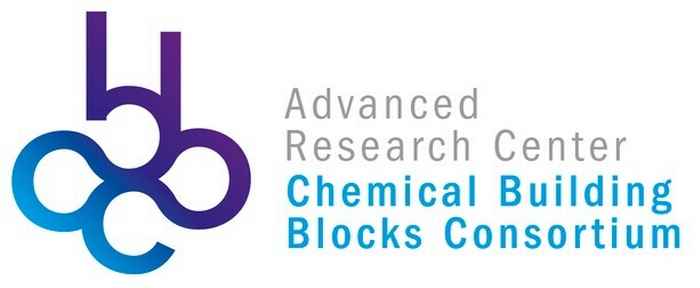Three projects awarded in ARC CBBC program 'New Chemistry for a Sustainable Future'
1 July 2021

The Advanced Research Center Chemical Building Blocks Consortium (ARC CBBC) is an initiative of the universities of Eindhoven, Groningen and Utrecht together with the companies AkzoNobel, BASF, Nouryon and Shell. It aims at developing solutions based in chemistry that counteract greenhouse gas emissions and create a sustainable society. This is done in close cooperation with ARC CBBC members at other universities. ARC CBBC has now launched its fourth multilateral research programme focusing on using waste, such as plastic and CO2, as feedstock and cutting down on the use of energy for production processes by using renewable electricity and sunlight. De Bruin, Reek and Bolhuis are among a total of 17 principal investigators from various universities that will work together on three different 'pillars' within the multi-million euro research programme.
Photoredox catalysis
The pillar ‘Electrochemical and Photo-Redox Functionalisation and Conversion’ aims at shifting the paradigm of chemical synthesis by coupling redox catalysis to an additional, renewable energy source. This would enhance the sustainability, safety and energy-preservation of chemical synthesis. A major aim is to develop new chemistry for future chemical applications with an improved redox economy, making use of novel direct functionalisation protocols and 'green' electrons provided by low-cost sources of electrical energy.
Within this pillar, the PhD student supervised by Bas de Bruin will develop electrochemical methods for carbene- and nitrene-transfer catalysis from cheap and safe reagents (amines, malonic esters, aliphatic azides, ammonia) for synthetic applications in C‒H and C=C bond functionalisation reactions. The PhD student supervised by Joost Reek will develop supramolecular approaches in photoredox catalysis for sustainable functionalisation reactions, typically via C‒H activation and leading to C‒C, C‒N or C‒O coupling of two fragments.
Unravelling CO2 conversion
The pillar 'CO2 conversion to Chemical Building Blocks' aims to activate and convert CO2 to (green) base chemicals by means of new electrochemical methods and technologies. These offer an appealing alternative for traditional thermal catalysis since they enable a direct feeding of energy into the breakage and new formation of specific chemical bonds, and avoid heating the entire reactor. Perhaps most importantly, electrochemical conversions can directly use renewable electricity, which will likely dominate energy supply in sustainable long-term scenarios.
Within this pillar, the PhD student supervised by Peter Bolhuis will use advanced quantum mechanical (DFT) based simulations methods to unravel the electrochemical CO2 conversion process. This entails eludication of the reaction mechanisms and quantification of the role of electrode material and electrolyte, and will provide a quantitative theoretical basis for experiments to be performed by a PhD student working in the group of prof. Marc Koper in Leiden.
Read more
- UvA research priority area Sustainable Chemistry
- Research group Homogeneous, Supramolecular and Bio-Inspired Catalysis
- Research group Computational Chemistry
- ARC CBBC news release
- Profiles of Bas de Bruin, Joost Reek and Peter Bolhuis at the ARC CBBC website